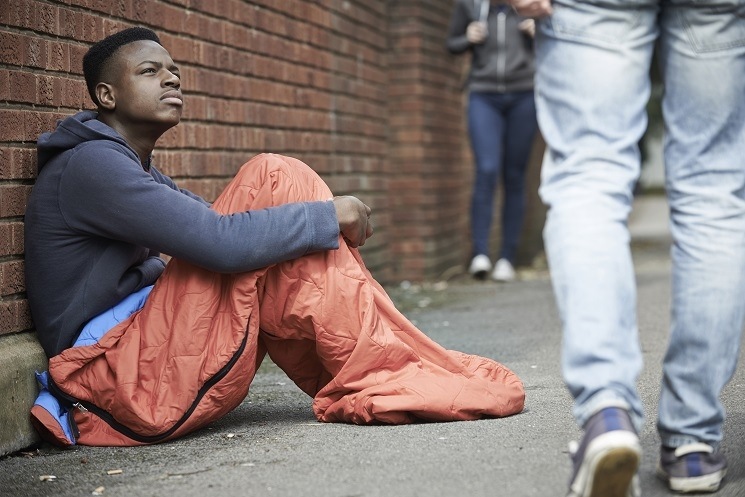Housing
Leaving home is a big decision. Some people leave home to start an independent life, which can be very exciting but also daunting. Others leave home because they have no choice and it may not be a positive experience.

Although leaving home can give you your own space and independence, it is important to first consider whether you can:
- Manage a budget for rent, council tax, electricity bill, gas bill, water rates, telephone bills, TV licence, food, travel, clothing and other necessities
- Live on a more restricted budget and perhaps live on benefits
- Cook for yourself and manage a home
- Complete your education if you have to pay your own way
- Live away from the support of family and friends
Most people who are homeless do not live on the streets; they are staying with friends or relatives, living in B&B or other temporary accommodation. Being homeless means you don’t have a home but you may still have a roof over your head.
If you need to leave home in a hurry for your own safety, try to take the following with you:
- Passport
- Birth certificate
- National Insurance number
- Driving licence
- Benefit book
- Bank cards
- Cheque book
- Medication
- Proof of pregnancy (if applicable)
- Immigration papers (if applicable)
If you can, leave as early in the day as possible and preferably early in the week as many agencies who can help may only be open during office hours and not at weekends
It is never a good idea to become homeless but should you find yourself in that situation, the council’s priority is always to help you to avoid it.
If you are under 18 and being asked to leave your family home, your first contact point at the council is the Social Services Department. They will work jointly with the Housing Solutions Team to help you and your family to resolve problems and disputes. Wherever it is safe and possible, they will visit your home to talk to your family about what support can be offered to stop you from becoming homeless.
Where this is not possible, the Council will decide what other help social workers can offer.
A small percentage of under 18s may be referred to the Housing Department for a fuller assessment. It is important to be aware that if you become homeless because of your own actions, the Housing Department is not likely to be able help you at all. This would include young people who are asked to leave because of unreasonable behaviour at home.
If the Housing Department agrees to find you accommodation, this will usually be in a supported unit, where on-site staff are on hand to assist you- and to make sure everyone respects the units rules, which are there to make life as pleasant as possible for all.
You need to know that guests are not usually allowed in supported units. It is also important to know that you do have to pay a weekly amount from your benefits, to contribute towards the cost of heat, light etc.
If you are 18 or over, with no dependent children, unfortunately the Council will usually only be able to offer you basic advice about finding your own private rented property.
Useful Links:
